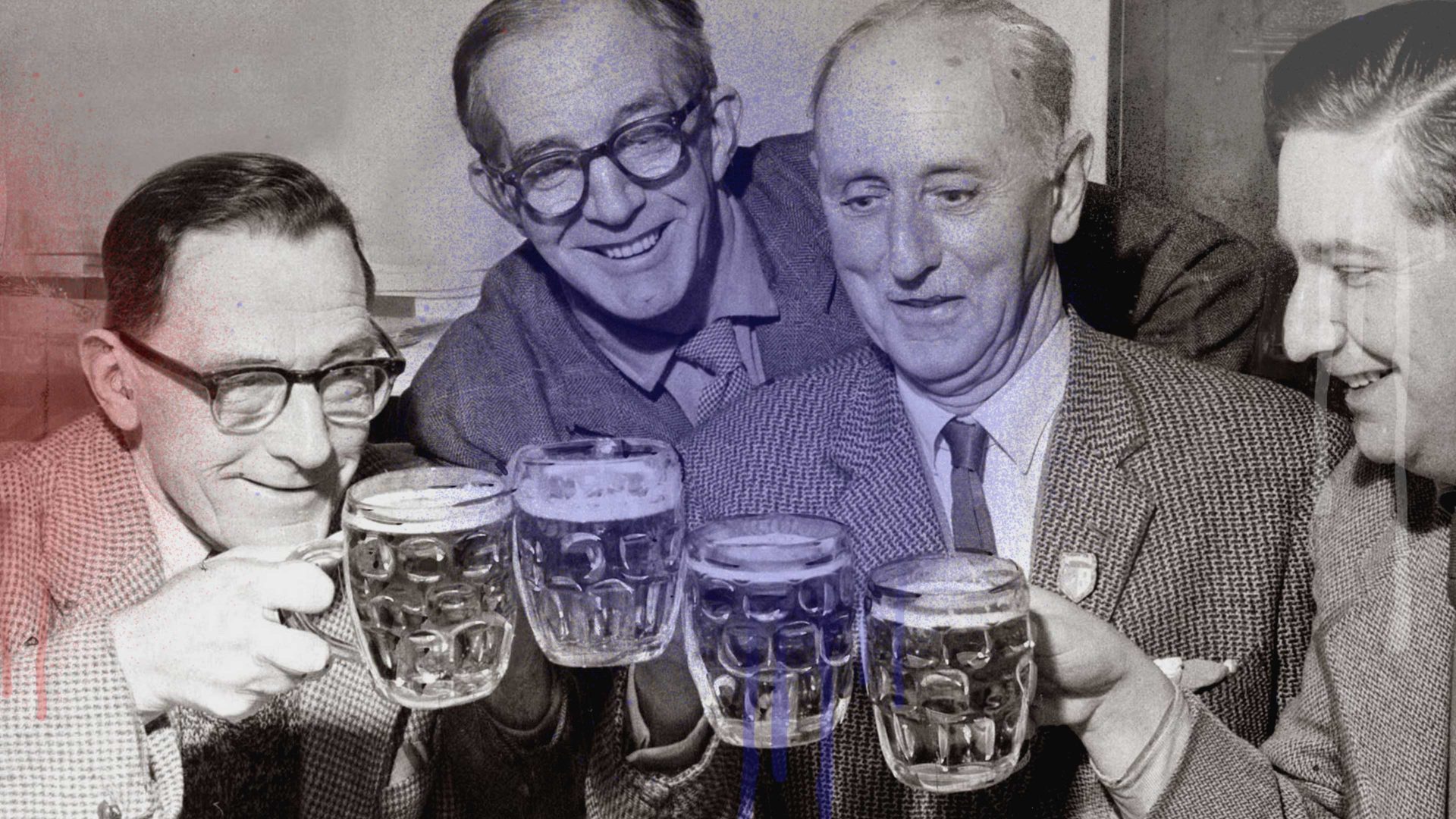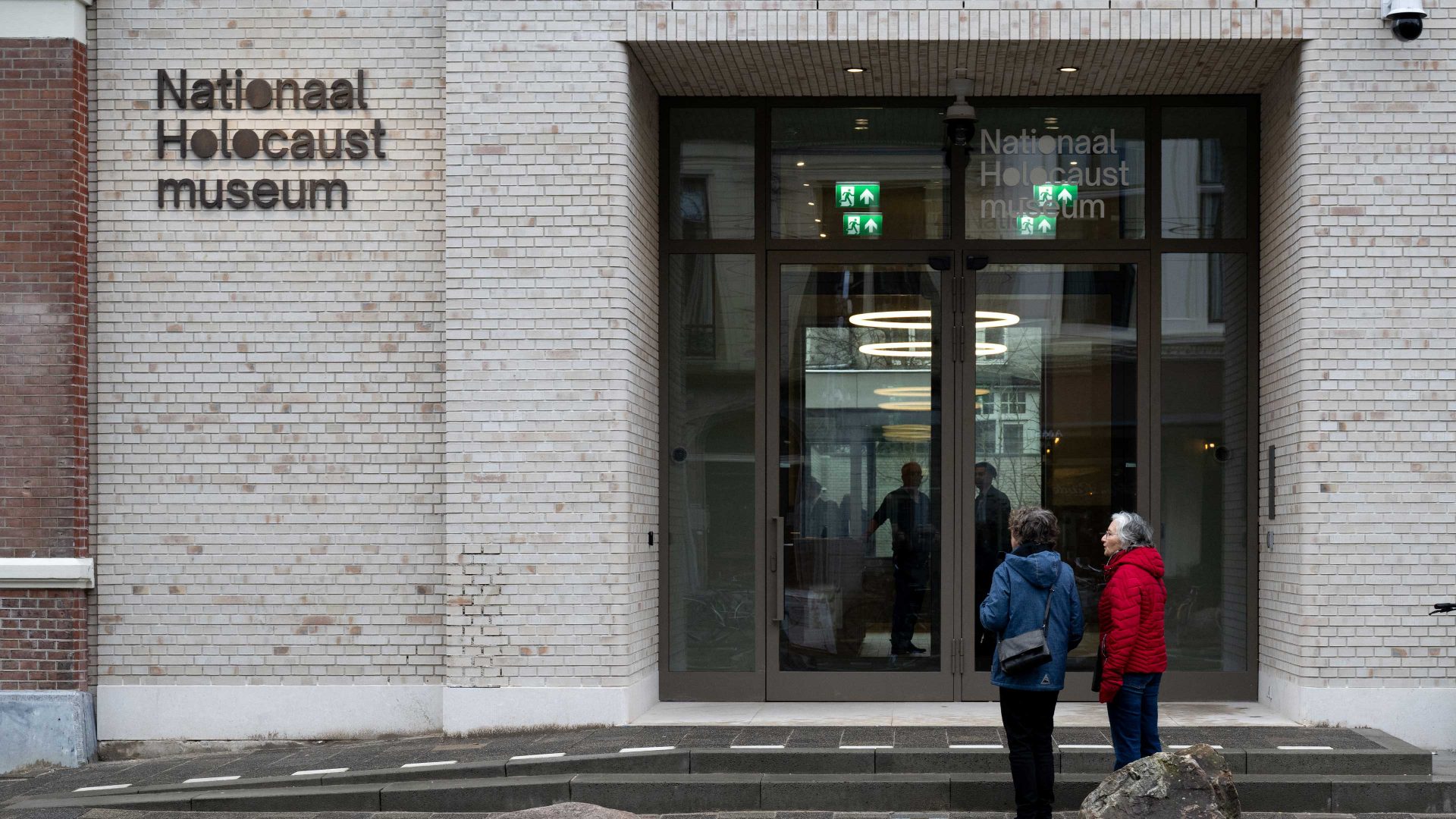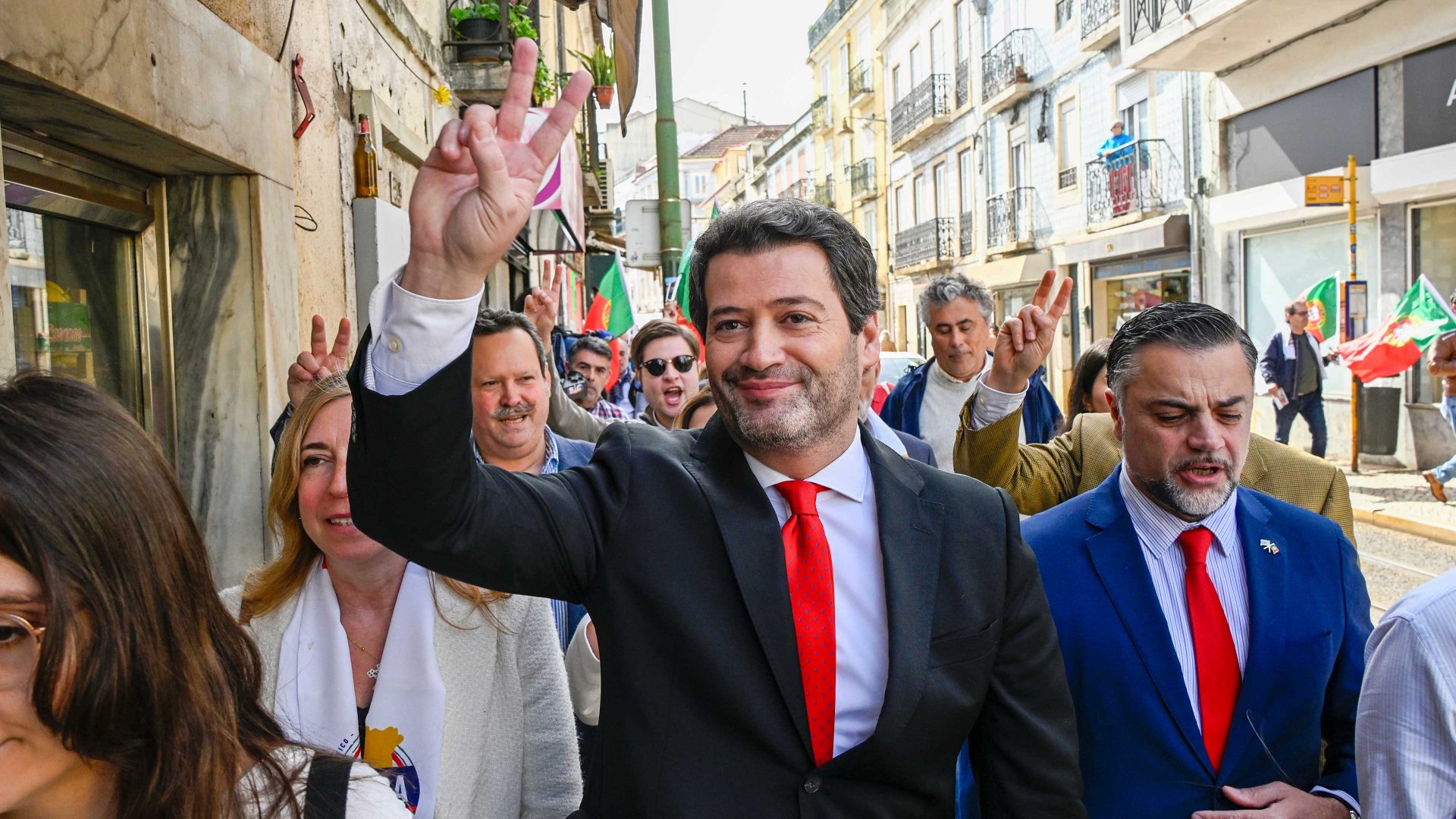Ahhh, the delights, befuddlements and travails of Europe’s differing drinking cultures. I have to agree with Marie Le Conte (TNE #376) about the juggling required to negotiate Britain’s post-work pub conventions. Like Marie, I too want to eat mid-evening and not when I get home at 10pm. And I too often suggest restaurants rather than drinking bars. And, like Marie, I also fail. Miserably.
Differences in the customs and protocols surrounding the drinking habits of different nations have always fascinated me. As a general rule, the further north you go in Europe the more likely bars exist purely for the purposes of alcohol consumption, with food being a secondary or non-existent consideration. My wife often points out that in Spain or Italy, and more generally around the Mediterranean, if four friends meet socially two will have coffee, while another maybe has a soft drink. Perhaps only one of them will order a (small) beer or glass of wine.
I try to learn beforehand what the etiquette of each nation is. But perhaps most people don’t, and presume what goes in their country passes muster in others. Which brings us on to Brits abroad, and the differences Marie was highlighting between the UK and France, and how the simple act of imbibing can be such a source of bafflement.
Last summer my son and I – devotees of the world’s greatest motor race, the Le Mans 24 Hours – were in France for the centenary running. It has long been popular with British fans – nearly 50,000 make the trip. The lead-up to the event and the race itself takes the best part of a week. And although the eponymous race is named after the nearest city, the village of Arnage is almost next door to the track.
And it is in diminutive Arnage every year, without fail, that you can see the bemusement caused by the clash of drinking cultures. Every year I wonder why neither the French nor the English seem to remember what happened the year before.
It’s always June, and it’s always sunny. The evenings are long and warm. And into Arnage descend the Brits on the hunt for a cold beer. They are happy to walk into a bar, order a beer, pay and walk back out to stand in the sunny street drinking it. Others join them, they spread out along the pavements.
More groups wander by and are called over. More beer is ordered. The drinkers start to spill into the street, sometimes inadvertently blocking the crossroads at the focal point of the village. The atmosphere is friendly despite volume levels rising as more drinks are consumed. This is not a football crowd, there’s no edge, just confusion and mild, uncomprehending mayhem. Goodwill remains intact, but mutual understanding suffers. Cultural differences become ever more obvious.
The waiting staff, used to table service, attempt to usher the Brits inside, or at least to the pavement tables. But the Brits are using the tables to stack empty glasses. And they insist on going to the bar where a single, fraught bartender who is used only to getting the odd bottle of wine or pastis for diners is struggling to cope with the sheer volume of punters. The British want booze and the French can’t see why these foreigners can’t just sit and have something to eat.
Dinner is offered, but dinner is not required because at this stage of the evening the Brits aren’t in the mood for eating. Later they’ll head back to their campsites and fire up their barbecues, and carry on drinking.
There’s a whoop as a car adorned with a union flag zooms past. Meanwhile, the French drivers are becoming irate, especially because the Brits, after a beer or two, look the wrong way when stepping off the pavement. The cross-etiquette misunderstandings pile up as quickly as the empty glasses on the tables.
And, to be fair, it isn’t solely the British. There is a group of Dutch racegoers doing much the same thing, although in smaller numbers, at a cafe further down the street. Vertical drinking northern European-style has engulfed the village, to the bewilderment of the Arnagistas.
Eventually the crowd begins to dissipate, nary an escargot nor a cassoulet consumed. But, as long as the beer hasn’t run out, the cafe will have turned a tidy profit. Cultural misunderstanding may have reigned, but the protagonists leave sated and gratified. The French waiters shake their heads, puzzled, the Brits, still unaware, say “cheers mate” and wander off. Social anthropology in action. The ritual will be repeated this summer.
Mick O’Hare is a freelance writer, formerly an editor at New Scientist




